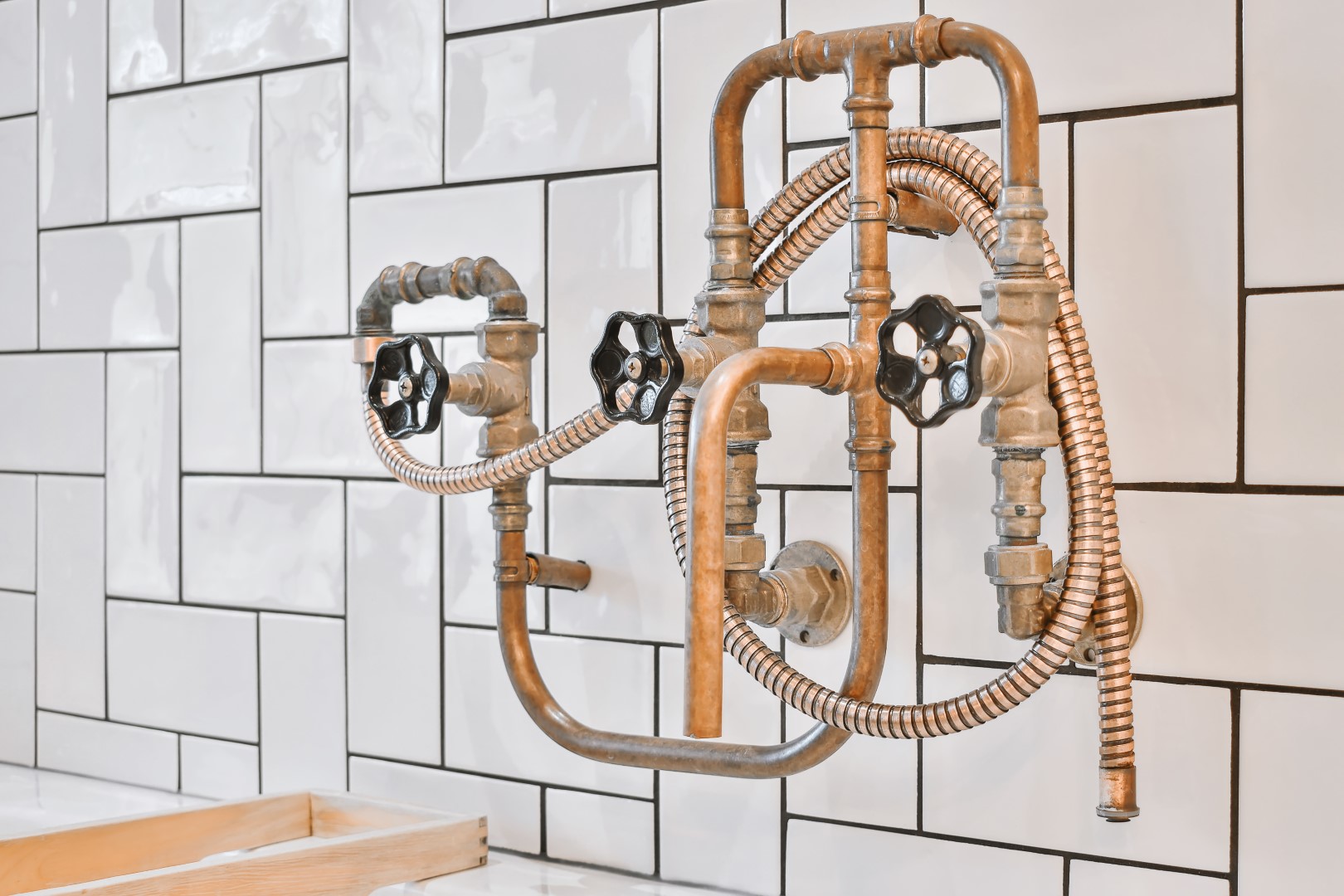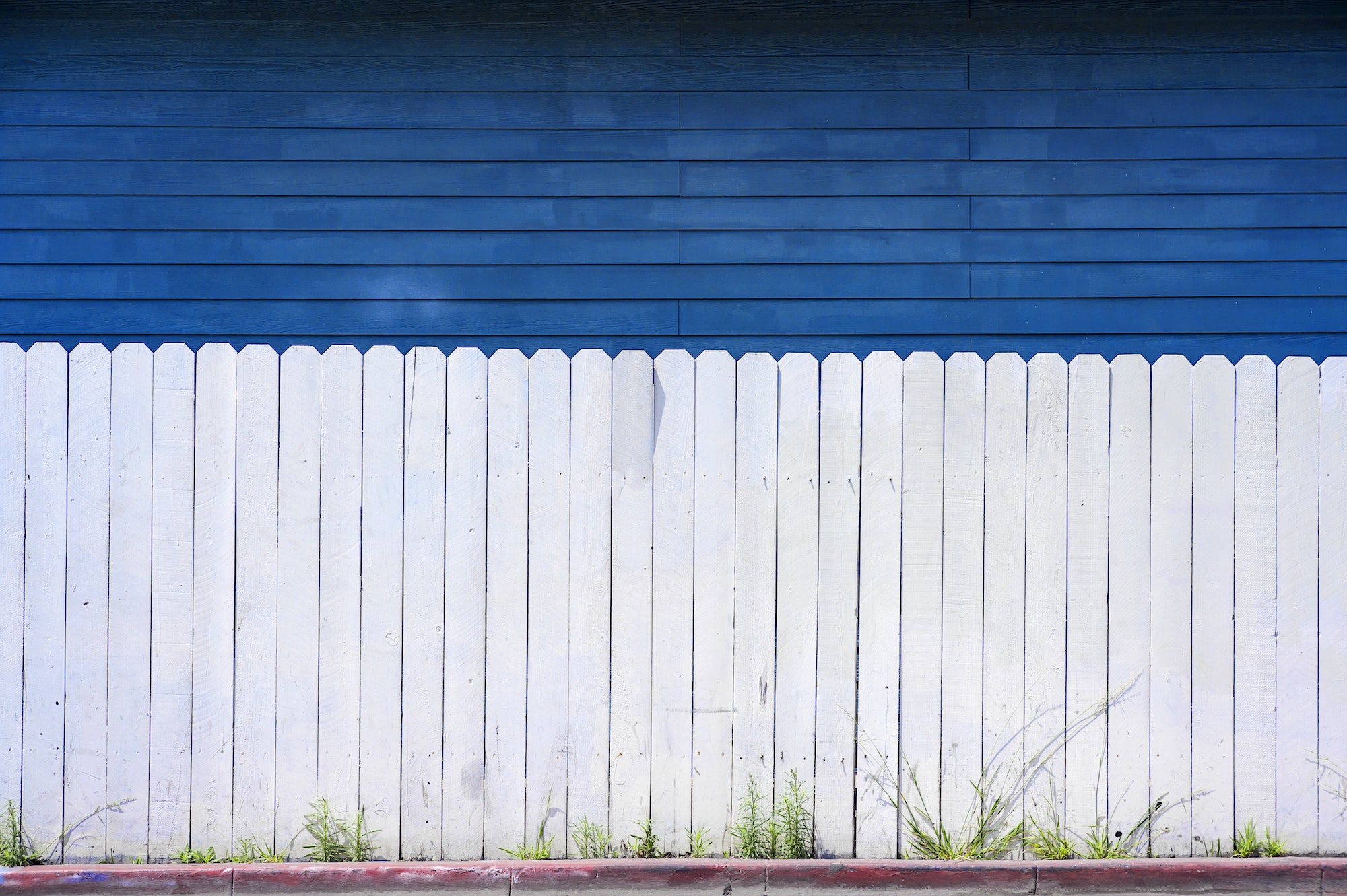Most homeowners take fully functional plumbing for granted until something goes wrong. If left unaddressed, leaky faucets, clogged drains, pipe leaks, and other issues can cause extensive water damage or mold. Staying on top of routine plumbing maintenance helps prevent major problems. Here are some top tips from expert plumbers for maintaining your home’s essential plumbing.
Inspect Visible Plumbing
Do a visual inspection of all accessible pipes under sinks, behind appliances, and along baseboards every 6 months. Look for:
- Leaks or moisture
- Discoloration
- Corrosion
- Cracks/dents
- Dripping condensation
Catching minor leaks early prevents extensive repairs later. Tighten any loose joints or replace deteriorated pipe sections promptly. Condensation can also signal improper ventilation that needs to be addressed.
Make notes on any problem areas to monitor or odd occurrences like a sudden pool of water on the floor that rapidly disappears. Tracing such leaks to the source can be tedious without previous clues. Wipe pipes down periodically to remove dust and have a clean baseline to compare changes.
Update Old Fixtures/Fittings
Modern water fixtures look updated with sleek finishes like brushed nickel and offer valuable water conservation. Low-f, low showerheads, and faucet aerators reduce usage without sacrificing performance.
Consider replacing:
- Toilets older than 1992 (inspect tank and fittings thoroughly for cracks, too)
- Bathroom and kitchen faucets more than 10 years old
- Shower heads with flow over 2.5 gallons/minute
Newer fittings also tend to leak less as internal seals and washers age. If your current fixtures show heavy calcium or rust stains, that is another sign of internal corrosion happening out of sight. When renovating those rooms, take the opportunity to upgrade to water-efficient, water-efficient models for environmental and financial savings.
Modern innovations like touchless faucets and showers also provide added convenience and hygiene benefits. When pricing fixture replacement, look for reliable brands known for durability, not just the cheapest options, which often fail quickly. Pay attention to material grade as well – avoid cheaper plastics prone to cracking over time.
Inspect Supply Lines
Flexible water lines to fixtures tend to degrade faster than pipes inside walls, so check them annually. Examine under bathroom and kitchen sinks for bulges, kinks, corrosion spots, or wear along braided stainless steel and plastic water hoses. Replace any supply lines older than 5 years as the inner tubing becomes porous.
Clean Faucet Aerators
Remove and soak faucet aerators in white vinegar every 6 months to clear out accumulated mineral deposits that can restrict flow. Rinse thoroughly before reinstalling. Vinegar’s acidic properties break down buildup well.
Replace aerators that are bent or where corrosion exists. Newer water-efficient models have screens that prevent some limescale buildup in the first place. Keeping aerators clear ensures faucets run properly without unnecessary strain that damages fixtures in the long term. Proper flow also saves water over time.
Unclog Drains
Slow-draining water in sinks, tubs, or toilets often indicates partial clogs forming down the line. Drain flies buzzing around are another clue. Prevent full blockages by pouring 1 cup baking soda and 1 cup vinegar down each drain monthly as a cleaner. Let the foaming reaction work for 5 minutes before flushing with very hot water for natural scrubbing action.
Use a flexible wire drain snake every 3 months to manually remove accumulated hair, soap scum and other debris too. Take your time reaching the P-traps under sinks where gunk clusters most. Consider installing hair catchers to minimize buildup long-term, especially for showers. Kitchen sinks prone to grease clogs may need more frequent treatments.
Tackling drains early keeps water flowing freely down shared pipes into the home’s main wastewater lines. If multiple drains exhibit sluggishness despite diligent cleaning efforts, issues like roots or offsets in buried portions might need professional hydro jetting services from qualified plumbers.
Drain Sewer Pipes
Once per year, flush drains with an enzyme cleaner or foaming agent specifically designed to dissolve organic matter like sludge, oils, soaps, and paper in sewer pipes underneath your home. Let the product work overnight before rinsing. These specialized drain care products are much stronger than household drain cleaners and help keep main wastewater pipes clear over time.
Check Water Pressure
If applicable, note water pressure at various taps around your home, both lower and upper floors. Pressure lower than 40 PSI with multiple open faucets could indicate failing main supply lines, dangerously high sediment levels, or the need for pipe upgrades if the flow was once stronger.
Document any spikes higher than 80 PSI, which strain fixtures long-term. Some fluctuations are normal due to municipal supply changes, but chronic low/high readings warrant inspection. Consult expert plumbers if pressure seems abnormal; identifying underlying causes, like ruptured pipes, requires professional equipment.
Inspect Irrigation Lines
Homes with underground landscape sprinkler systems need added seasonal maintenance. Check any pipes for pooling water that could indicate cracks or backflows. Ensure backflow preventers are functioning and valves are fully closed.
Set controllers properly to avoid saturation or runoff. If you live in a colder climate, Blow out irrigation pipe networks properly before winter. Replace worn washers or gaskets on hose connections. Isolating the water supply protects household plumbing, too.
Know Where Your Shut-Off Is
Make sure everyone in the household knows where the main water shut-off valve is and how to operate it in an emergency. This critical step stops flowing water quickly to prevent catastrophic damage if a pipe ruptures or the fitting blows out. Tag the shut-off access panel with a highly visible marker. Also, indicate the spots where the gas line shuts off.
Learn DIY Basics
While extensive plumbing issues often require professional help, there are minor repairs you can tackle yourself, too, after getting comfortable with the basics. Useful starter skills include:
- Replacing washers/gaskets to fix drips.
- Manually unclogging drains.
- Installing new aerators or showerheads.
- Patching small pipe holes.
- Sealing minor leaks.
Taking a community education class on home repair skills can build confidence for basic maintenance. YouTube tutorials also offer step-by-step plumbing tips. However, feel free to hire assistance from qualified expert plumbers for complex problems beyond your skill level or when you want the job done right without hassles.
Know When To Call A Professional
Some plumbing situations warrant picking up the phone for expert assistance rather than trying to fix the issues solo without proper training. Examples include:
Low Water Pressure
If checking individual water supply components does not reveal any specific problems, the issues likely stem from exterior main lines, meter failures, or general poor flow volume, requiring professional hydro jetting equipment to diagnose and repair.
Major Leaks
While small drips often stem from worn washers, which can be replaced DIY, leaks involving broken pipes or water spraying require urgent shut-off. Significant water damage repairs also call for qualified mitigation specialists to contain the situation and prevent mold.
Sewer Pipe Backups/Clogs
Trying to muscle through a serious main drain or sewer clog with dangerous chemical cleaners can worsen pipe erosion or cause environmental runoff contamination. Backups involving flooding require extensive rehabilitation by certified plumbers with biohazard cleaning credentials.
Repiping
Homes with very outdated or deteriorating supply lines often require full replacement for optimal pressure and water safety. Repiping an entire property is a major undertaking that is best coordinated by seasoned contractors rather than a DIY project.
Gas Work
Gas leaks or issues with water heating systems/appliances should never be amateur repair attempts. Gas line repairs involve codes and tremendous risk if done improperly. Certified professionals have extensive specialized training essential to handling gas systems appropriately. Take your time with the gases involved.
Conclusion
Establish a relationship with a trusted local plumbing company so they understand your home’s layout well enough to provide efficient repairs when needed. Then, implement a routine maintenance checklist covering the points above to keep the plumbing in good shape between calls. With diligence and professional support, your system can serve you reliably for decades.
Discover more from Futurist Architecture
Subscribe to get the latest posts sent to your email.



